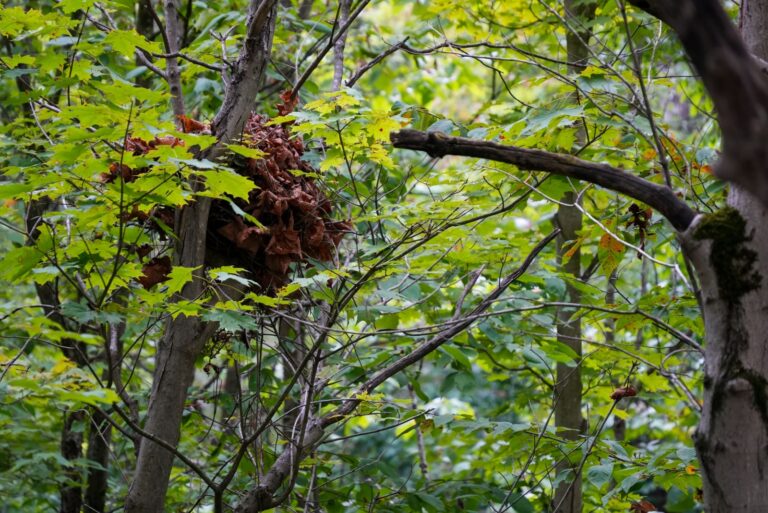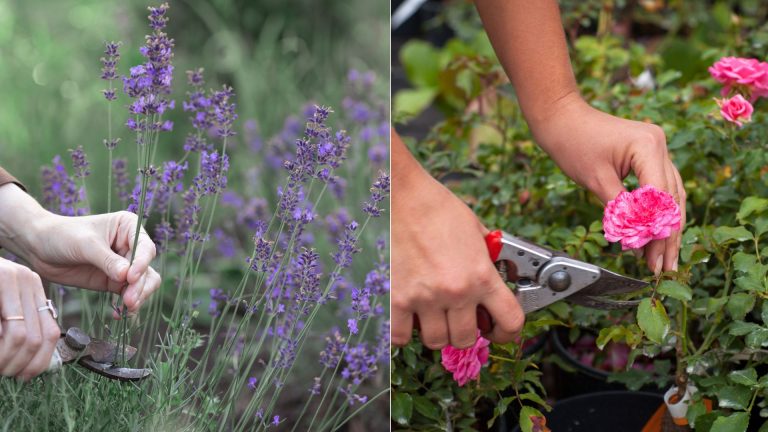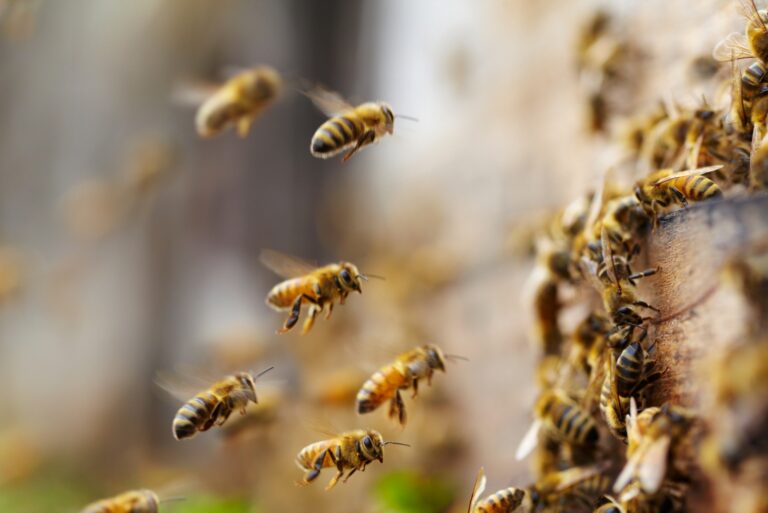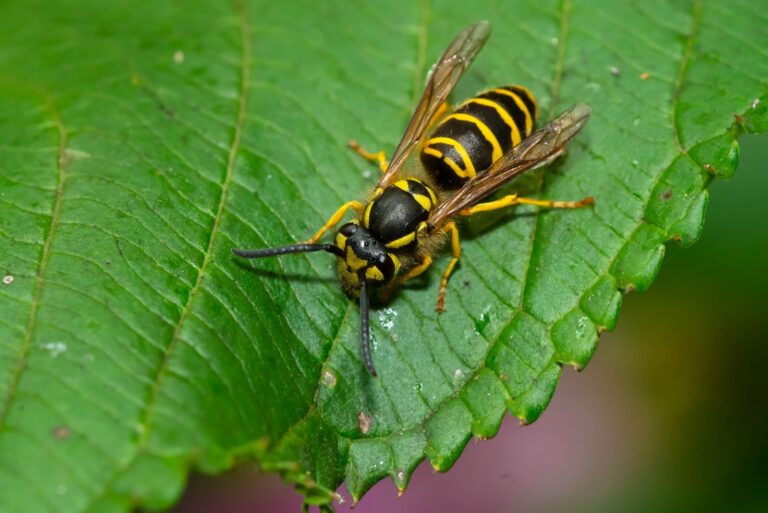What Michigan Law Says About Leaves From Your Neighbor’s Tree
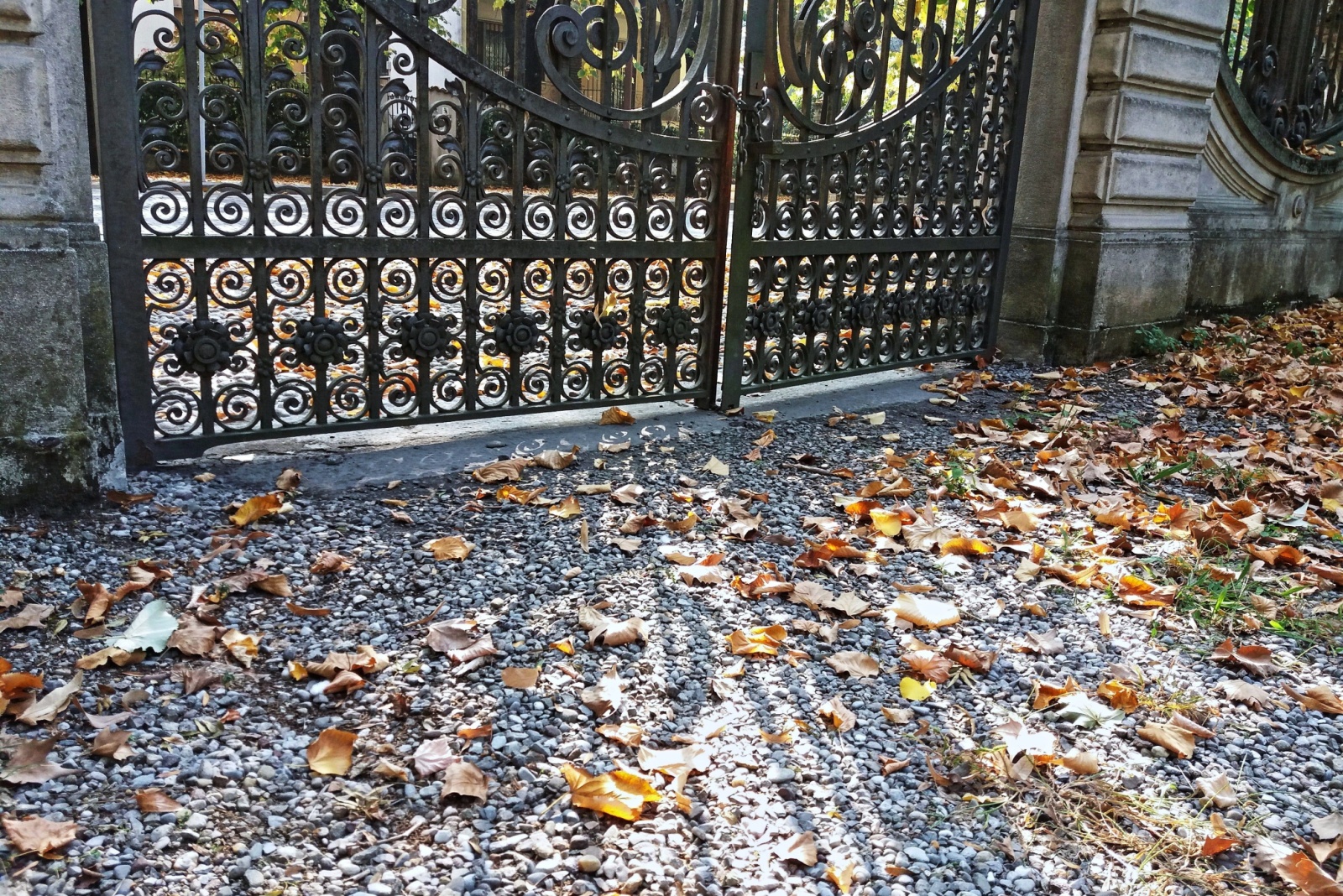
When fall arrives and leaves start falling everywhere, you might notice that your neighbor’s tree is making a mess on your property. Many homeowners wonder who is responsible for cleaning up those leaves and what their rights are under Michigan law.
Understanding the rules can help you avoid conflicts and keep your yard looking great. Property boundaries and tree laws can be tricky, but knowing the basics will save you time and frustration.
1. You’re Responsible For Cleanup On Your Property
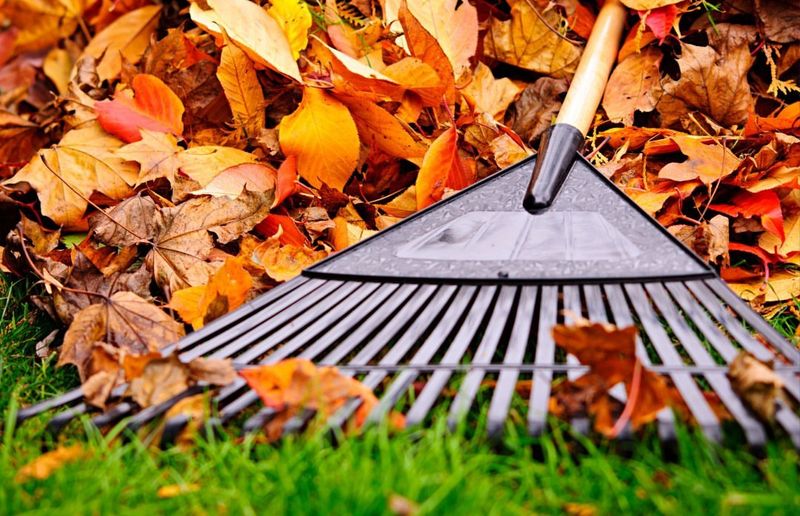
Michigan law generally places the burden of leaf removal on the property owner where they land. Even if the leaves come from your neighbor’s tree, you’re expected to rake and dispose of them yourself.
Courts typically view falling leaves as a natural occurrence rather than a legal nuisance. Your neighbor isn’t required to prevent their tree from dropping leaves onto your yard, and they don’t have to help with cleanup either.
Keeping your property maintained is part of homeownership responsibilities.
2. Natural Leaf Fall Isn’t Considered A Nuisance
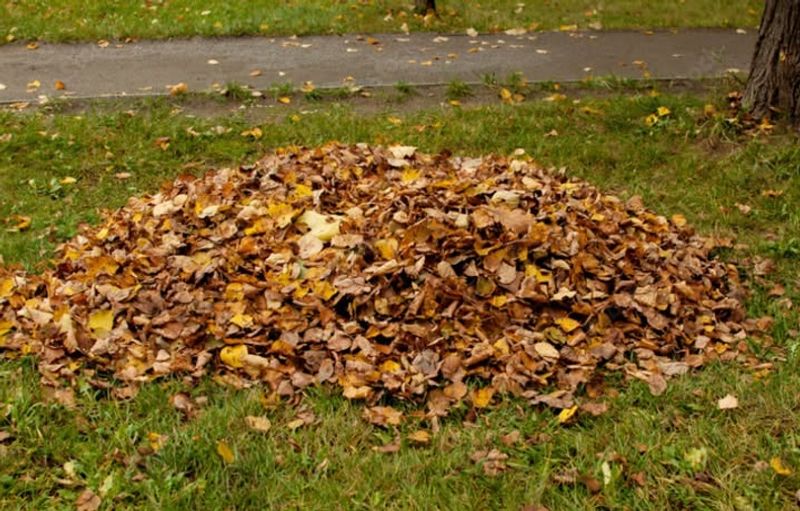
Under Michigan property law, leaves falling naturally from trees don’t qualify as a legal nuisance. A nuisance typically involves something that substantially interferes with your ability to enjoy your property, and seasonal leaf drop doesn’t meet this standard.
Judges recognize that trees lose leaves as part of their natural cycle. Unless the tree itself poses a danger or was planted maliciously to cause harm, you can’t sue your neighbor over falling leaves.
Nature’s processes are expected and tolerated.
3. Branches Overhanging Your Property Can Be Trimmed
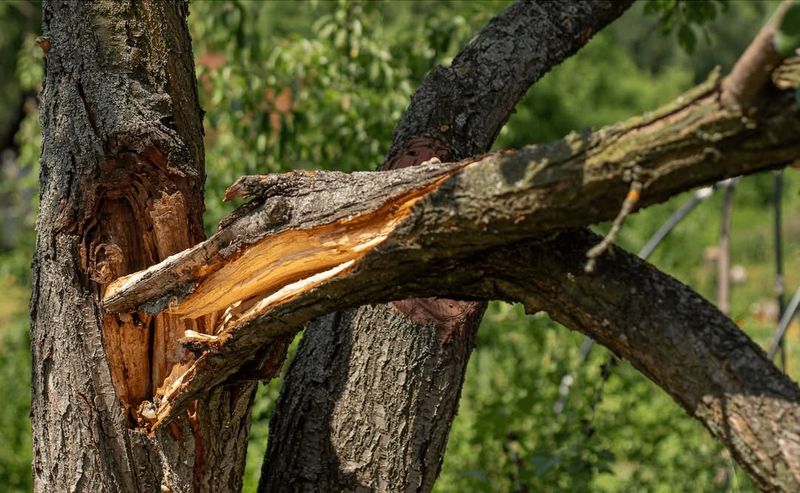
Michigan allows you to trim branches that extend over your property line, which can reduce the number of leaves falling on your side. However, you must be careful not to damage or kill the tree in the process.
Cutting branches only up to the property boundary is your legal right. Going beyond that line or harming the tree could result in liability for damages.
Always consider hiring a professional arborist to ensure the work is done safely and legally.
4. Communication With Neighbors Prevents Problems
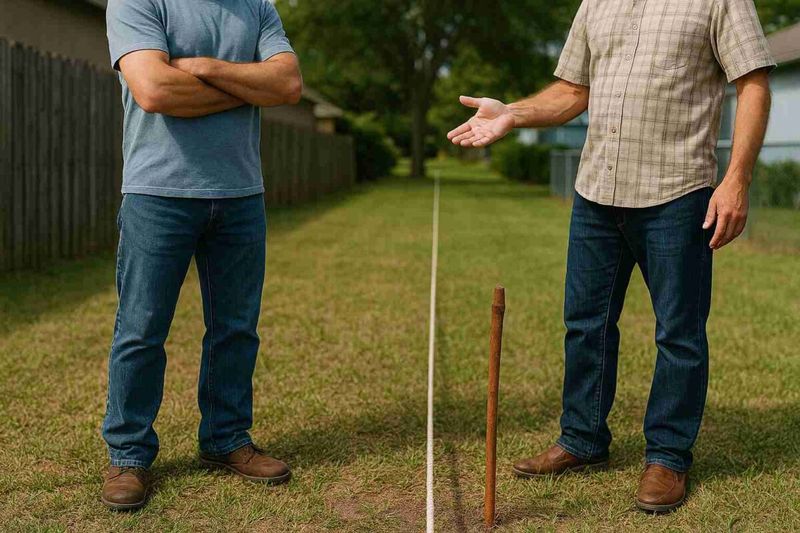
Talking with your neighbor before any issues escalate can save everyone headaches. Many disputes over leaves and trees get resolved simply through friendly conversation rather than legal action.
Explain your concerns politely and see if you can reach a compromise. Perhaps your neighbor would be willing to trim branches or help with cleanup occasionally, even though they’re not legally required to do so.
Good relationships make better neighbors than lawsuits ever could.
5. Hazardous Trees May Require Owner Action
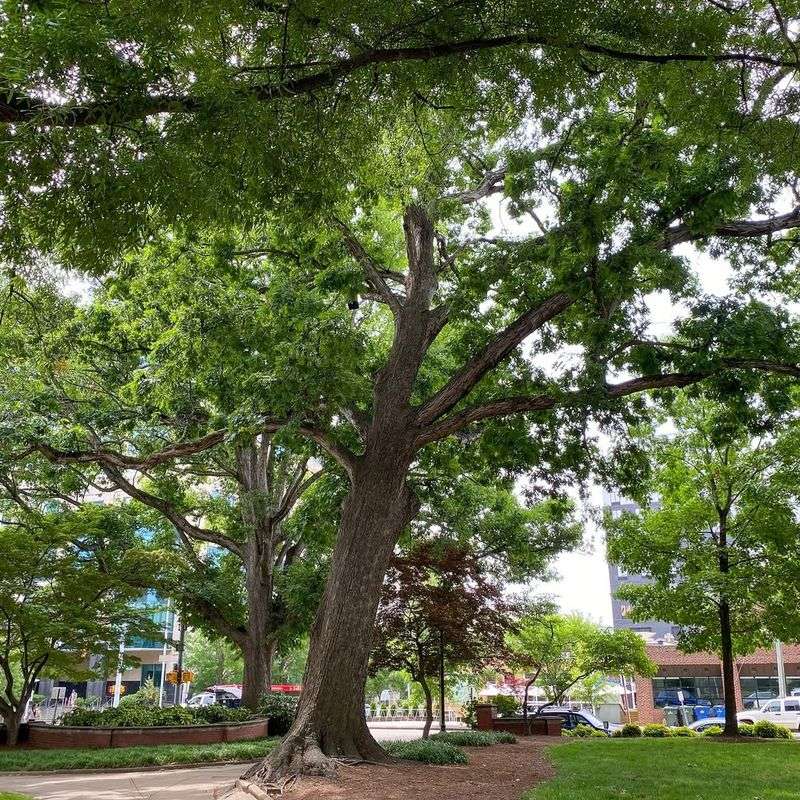
While falling leaves aren’t actionable, a dangerous or diseased tree is different. If your neighbor’s tree is clearly dying, unstable, or poses a genuine safety risk, Michigan law may require them to address it.
Document the condition with photos and consider getting an arborist’s assessment. Notify your neighbor in writing about the hazard, giving them a reasonable chance to take action.
Actual danger creates legal responsibility that normal leaf drop doesn’t.
6. Local Ordinances May Add Extra Requirements
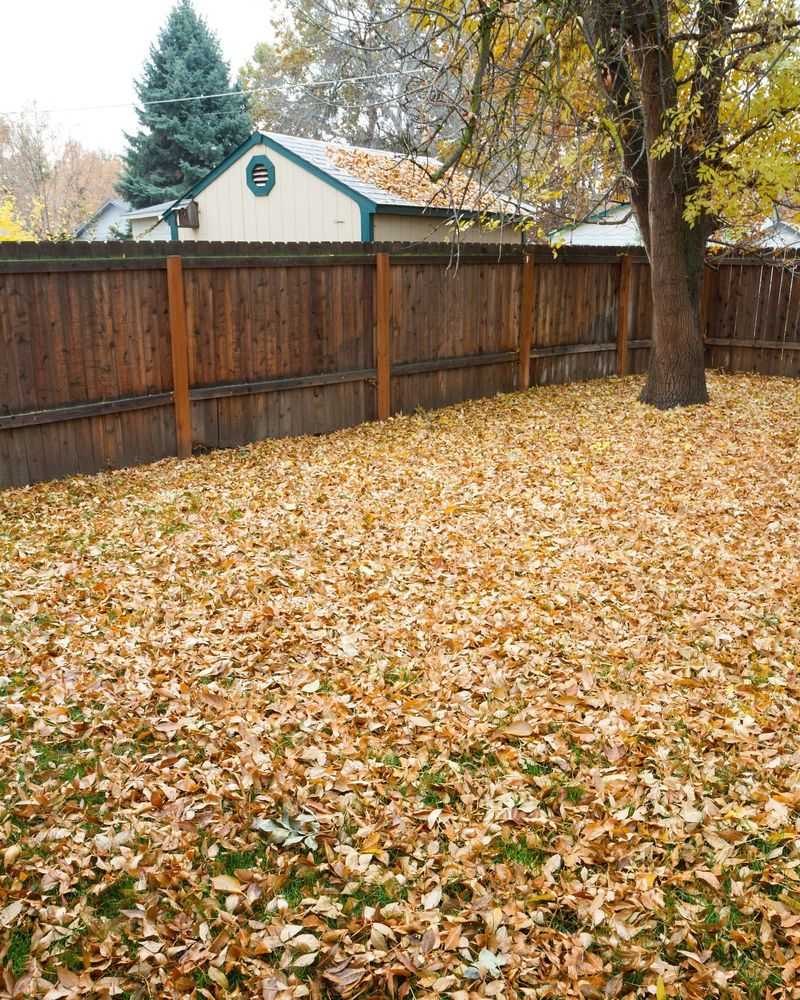
Beyond state law, your city or township might have specific rules about leaf disposal and property maintenance. Some Michigan communities require leaves to be bagged by certain dates or prohibit burning them altogether.
Check with your local government to understand what regulations apply in your area. Homeowners associations may also have additional standards you need to follow regarding yard cleanliness and landscaping.
Local rules can be stricter than state laws require.

